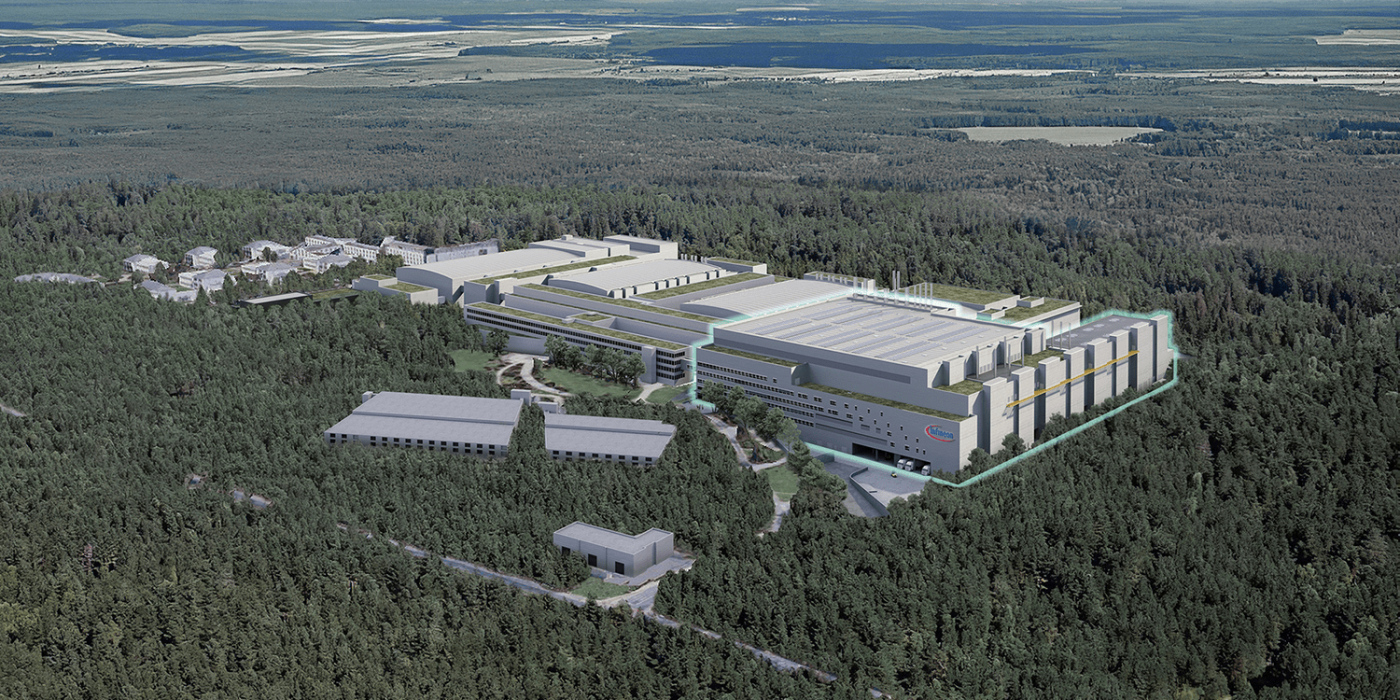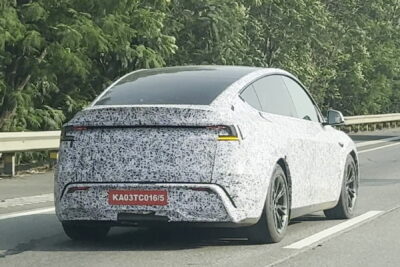Infineon confirms German chip plant with record investment
Infineon has confirmed that it is moving ahead with a new plant in Dresden, Germany, to expand its chip manufacturing capacity. The supplier is still seeking public funding of around one billion euros yet plans to five billion in the plant – the largest single investment in Infineon’s history.
The Board’s agreement on the ambitious expansion likely also builds on the expected order volume from Stellantis coming to Infineon. The companies had signed an MoU in November last year that would see Infineon reserve manufacturing capacity and supply corresponding chips for use in Stellantis-branded electric cars in the second half of the decade. An attached memo at the time already mentioned outbuilding capacity in Dresden; however, subject to “appropriate public funding”.
While said funding is currently pending the state aid decisions and the national grant procedure via the EU Commission, the German Federal Ministry for Economic Affairs and Climate Action (BMWK) has approved an early project launch, meaning that construction can already begin before the completion of the inspection of legal subsidy aspects, Infineon informs. This must also be in accordance with the European Chips Act. The European Commission targets reaching a 20 per cent share of global semiconductor production in the EU by 2030. Infineon expects that semiconductor solutions for industrial and automotive applications from the “Dresden Fab” will help the EU move towards this goal.
Infineon has applied for no less than one billion euros and plans to invest around five billion euros in the plant, which is set to begin production in 2026.
The Dresden Fab will produce semiconductors ain addition to analogue/mixed-signal components as used in power supply systems, for example, in energy-efficient charging systems, small automotive motor control units, data centers and in applications for the Internet of Things (IoT).
“We see structurally growing demand for semiconductors, for example, for use in renewable energies, data centres and electro-mobility,” said Infineon CEO Jochen Hanebeck. “By building the 300mm Smart Power Fab in Dresden, we are establishing the prerequisites necessary to successfully meet the rising demand for semiconductor solutions.”
By first expanding production capacities at the existing Dresden site, Infineon expects to complete the project quickly and generate “considerable” effects of scale. The new plant will also link with the Infineon Villach site as “One Virtual Fab”.
Construction in Dresden is set to begin this year, with manufacturing to start three years later. Infineon expects to create 1,000 jobs. When operating at full capacity – the company has not specified the output – Infineon believes the Dresden Fab will let them achieve additional revenues on the order of the investment amount each year.





0 Comments